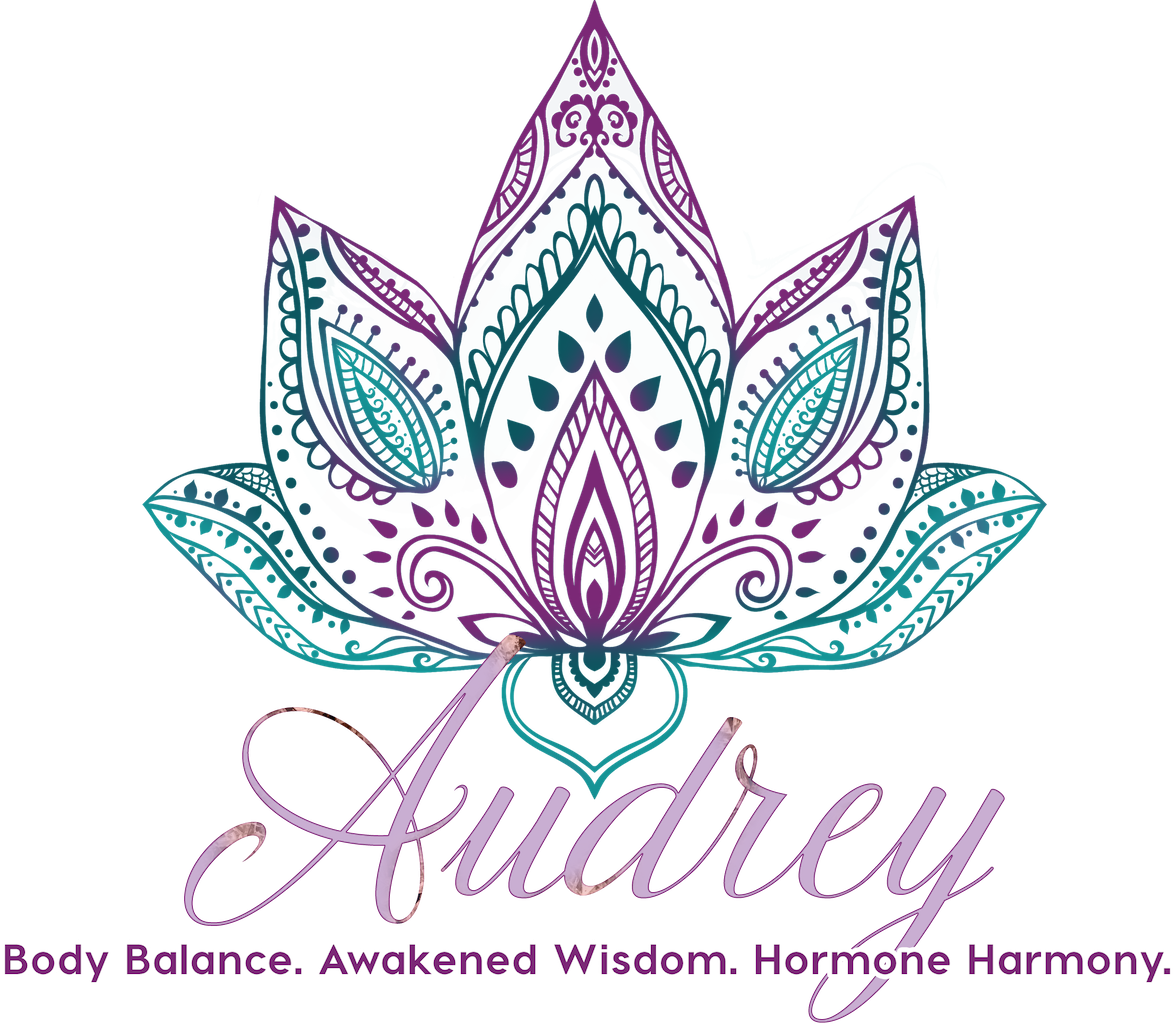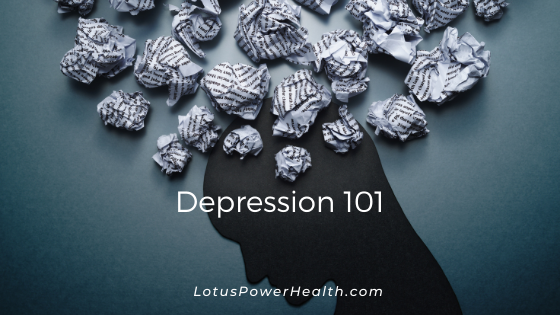In this article, we plan to demystify depression and clear up some of the misunderstandings surrounding this condition.
What’s depression?
Depression is defined as “feelings of severe despondency and dejection.” Many people mistake common sadness as depression or think depression is merely a word for deep sadness. This couldn’t be more wrong.
Depression is a separate condition that affects every area of your life. It doesn’t just pass on its own or go aware easily over time, it’s something you have to actively work to resolve.
What’s the difference between depression and sadness?
Sadness is an emotion while depression is a state of mind and mental condition. When you’re sad, it’ll eventually pass either on its own or with the coming of something good or positive. When you’re depressed, however, it stays around and worsens when ignored or untreated.
Depression lingers and affects every area of your life. It taints everything you do, say, and experience with sadness and negativity. Simple sadness doesn’t taint everything you do and it doesn’t affect you in such large ways.
Identifying depression
Identifying depression can be difficult. It wants to move in slowly and take over, coating every area of your life in negativity. This shift happens slowly, taking you off guard and making it feel normal. Depression doesn’t want you to notice it’s there and doesn’t want you to win.
Here are some common signs of depression to help you identify it:
- Lack of interest in things you used to love
- Disinterest in hygiene
- Appetite changes
- Increased fatigue
- Inability to be productive
- Feeling of inadequacy
- Suicidal thoughts
- Muscle soreness or tiredness
What to do about it
If you notice depression creeping its way into your or a friend’s life, there are a few things you can do to address it. The most important thing is to not ignore it. You can’t conquer depression by just waiting it out and you may not be able to battle it on your own.
Ask for help
There’s no shame in asking for help; we all need it at some point or another. Admitting that you need help and asking for it are the most important first steps you can take in battling depression.
Talk to someone you trust, someone very close to you, and tell them what’s going on. Talk about what you’re experiencing and your concerns and ask them to assist you. This may involve finding a therapist or having someone check in on you to ensure you’re not getting worse, whatever it takes to get you back on the right track.
Remind yourself of your worth
A lot of the time, depression causes you to feel inadequate, unworthy, and lesser. To battle this, you have to remind yourself of your worth. You’re an independent and unique person; you have a lot to offer the world and a lot of value. Don’t let these thoughts take over and engulf who you are.
Push yourself
As hard as it is to do, one thing that will help you more than anything is to push yourself to do the things depression is telling you you don’t want to or can’t. Go have a fun night out with your friends, take a shower, get the work done, do things for yourself to help make you feel better.
If you’re struggling with depression, you’re not alone and you can’t do it alone. Ask for help and overcome it today.

